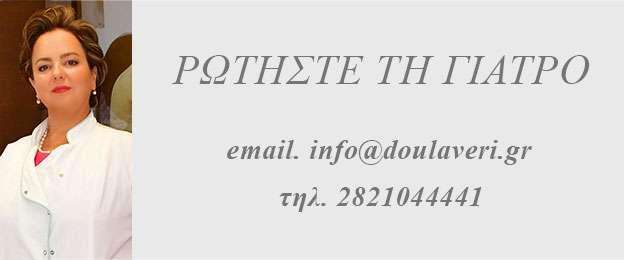Be sure to wash your hands for at least 40-60 seconds, cleaning both sides, between the fingers and under the nails before rinsing.
How to Protect Your Hands When You Do Not Have Access to Soap And Water?
If you do not have direct access to running water, it is extremely important that you follow proper hygiene rules to avoid catching or spreading bacteria and viruses. You can do this by carrying an antibacterial gel so that you can apply it after touching surfaces or before eating or drinking. According to the WHO (World Health Organization), hand sanitizer is an effective way to remove bacteria and viruses from the skin. However, this should only be used as an alternative to hand washing. Nothing is more effective than washing your hands with soap and water.
How Else Can You Protect Yourself From Viruses?
Viruses spread when they come in contact with other living cells, such as the eyes, mouth or open wounds. This is why you should avoid touching your face when you cannot wash your hands, especially after sneezing or coughing. Try to direct coughing and sneezing on a paper towel (or into your hand if you do not have one) and apply hand sanitizer immediately.





